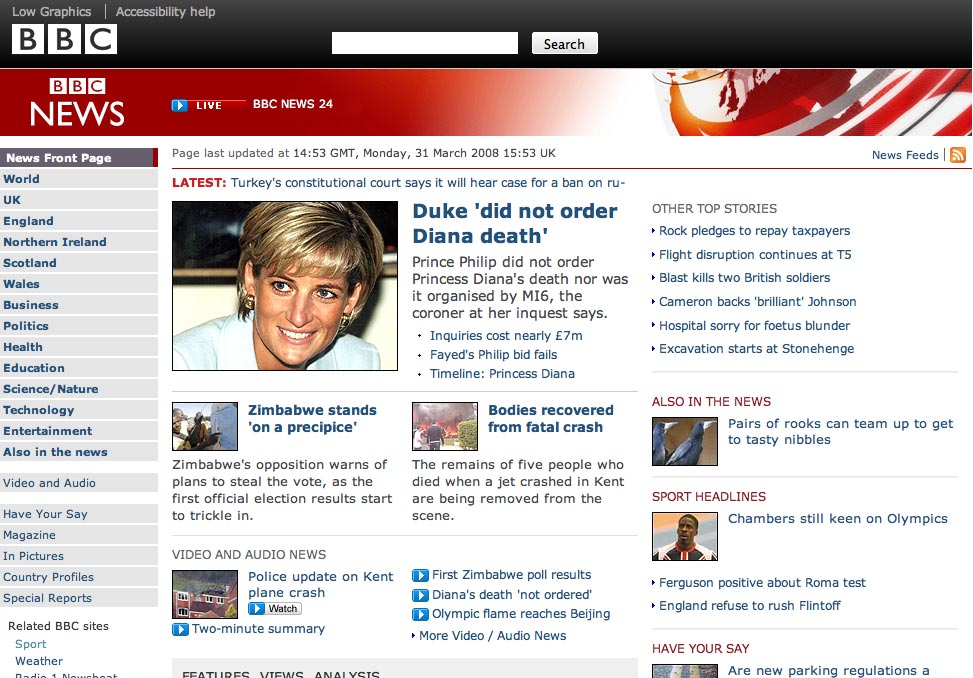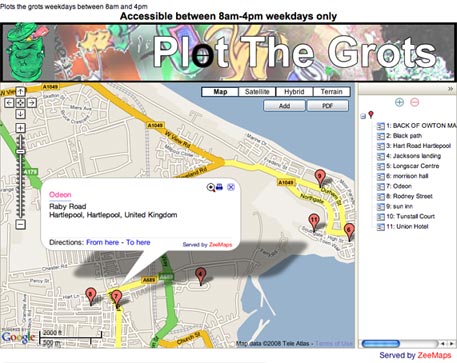We give developers the opportunity to tell us journalists why we should sit up and pay attention to the sites and devices they are working on. Today it’s ‘next generation wire services’ for independent journalists from Reporterist.

1) Who are you and what’s it all about?
Hi, I’m Hemant Bhanoo. Reporterist is about bringing together journalists on a common platform where reporters can sell their pieces and editors can source reliable, quality work.
There is enough demand for original news content around the world that we believe this will grow into a next generation wire service for independent reporters.
2) Why would this be useful to a journalist?
As a starting point, journalists can put up their work on our public portfolio. Right now we enable you to set up rules like “send my story (or story idea) to Editor A. If they don’t bite within 3 days, send it on to Editor B”.
You can specify different prices for each editor, and see if/when they have looked at your work.
3) Is this it, or is there more to come?
This is definitely not it. There’s a lot more to come, and it’ll hopefully evolve a lot faster as we bring on engineers to help us accelerate development.
A preview of some our features:
- Full multimedia support (right now we’ve rolled out photo support to a few test users)
- Directory to help journalists find publications that they may want to pitch to
- A way for editors to put up specific events or story angles that they need to be covered (and for reporters to go cover them).
4) Why are you doing this?
I’m a big fan of public radio, and have been really moved by investigative/enterprise stories that I’ve heard. It scares me that there are fewer ways to earn a living actually doing investigative or enterprise reporting. Given today’s political climate, we need more people going out of their way to hunt down stories and bring them to the world.
When I found out how many good stories don’t actually see the light of day because journalists can’t find the right outlet or because they go stale while waiting for editors to take a look at them, I was taken aback.
I hope Reporterist will enable some of those important, untold stories to reach people.
5) What does it cost to use it?
We will take a percentage (10 per cent) of the transaction, though it’s free right now. There’s currently no listing fee – but we’ll charge one for large media (audio, video, pictures) once we fully roll out multimedia support.
6) How will you make it pay?
We can build a sustainable business from the transaction and listing fees. However, we plan to expand our offerings in various directions. We will also be building premium portfolios for journalists, and tools for news publishers that we will charge for.
Our core focus has been, and will be, on helping reward quality journalism.




